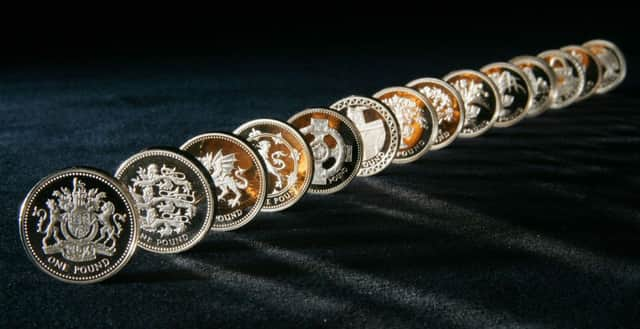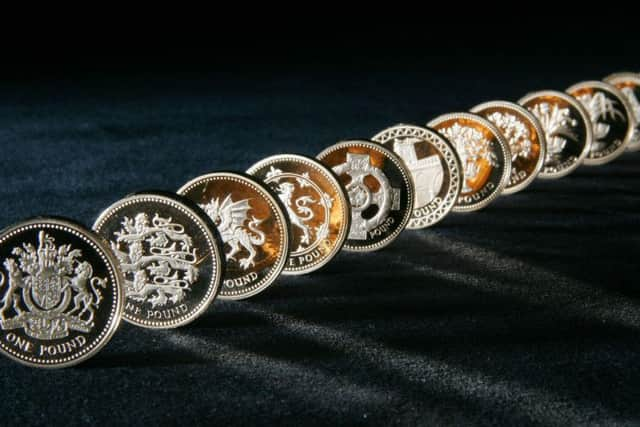Scottish independence: Currency mortgage warning


But the Scottish Government hit back, insisting that taxpayers south of the Border would face the equivalent of a 1p income tax rise in such a scenario – and Scotland cannot “default” because the debt lies with the UK.
Mr Alexander appeared before MSPs on Holyrood’s economy committee yesterday. They later heard from Deputy First Minister Nicola Sturgeon and finance secretary John Swinney as part of an inquiry into Scotland’s future after the referendum.
Advertisement
Hide AdAdvertisement
Hide AdIt is a “fantasy” for the Scottish Government to accuse the pro-union parties of “bluffing” after they warned last week Scotland cannot share the pound with the UK after independence, Mr Alexander said.


Mr Salmond wants to remain part of a currency union and keep the Bank of England after a Yes vote. This was ruled out by Chancellor George Osborne last week, as well as Labour and the Lib Dems, prompting the First Minister to warn that Scotland will not then have any obligation to meet its £146 billion share of UK debt. But Mr Alexander branded this threat “extraordinary.”
He added: “We’ve looked at what some of the estimated cost of that would be. In this case Jeffries Investment Bank has done an estimate suggesting that would lead to bond yields 5 per cent higher under that scenario.
“That’s their scenario not ours. But if you run that through the calculator in terms of how that gets passed on to the real economy, it would have a huge effect on mortgages and businesses, potentially up to £5,200 more on an average mortgage in Scotland.”
This is because Scotland would face a “premium” on its borrowing rates if it was perceived to have walked away from debts.
Mr Swinney later told the committee that the UK would “assume the entire responsibilities for the liabilities” if it was to keep “exclusive access” to the Bank of England and sterling.
“What that would mean is that the UK would be taking on an additional share of debt that could be supported by an independent Scotland,” he said.
Mr Swinney indicated this could be up to £130bn.
He added: “That would result in debt servicing costs for the rest of the United Kingdom increasing by between £4bn and £5.5bn each year, which would be the equivalent of increasing the rate of income tax by 1p by 2016-17.”
Advertisement
Hide AdAdvertisement
Hide AdHe cited experts warning that, under international law, “the UK took out the debt and therefore it owes the money”.
“Scotland cannot therefore default,” he added.
Mr Swinney said this shows why the UK government is likely to climb down and allow a currency union after a Yes vote, adding there “will be a different story after the referendum”.
But Mr Alexander insisted that continuing to state that there would be a currency union was “not a credible position to take”.
He said: “I really don’t think that people should accept this line that somehow this is a bluff that will change after the referendum. You should treat what is being said in respect of a currency union as being definitive.”
Ms Sturgeon later dismissed Mr Alexander’s claims that mortgage costs would rise in an independent Scotland.
She told the committee there was “not a scrap of evidence that would be the case”.
SEE ALSO